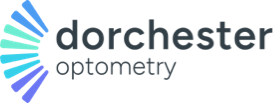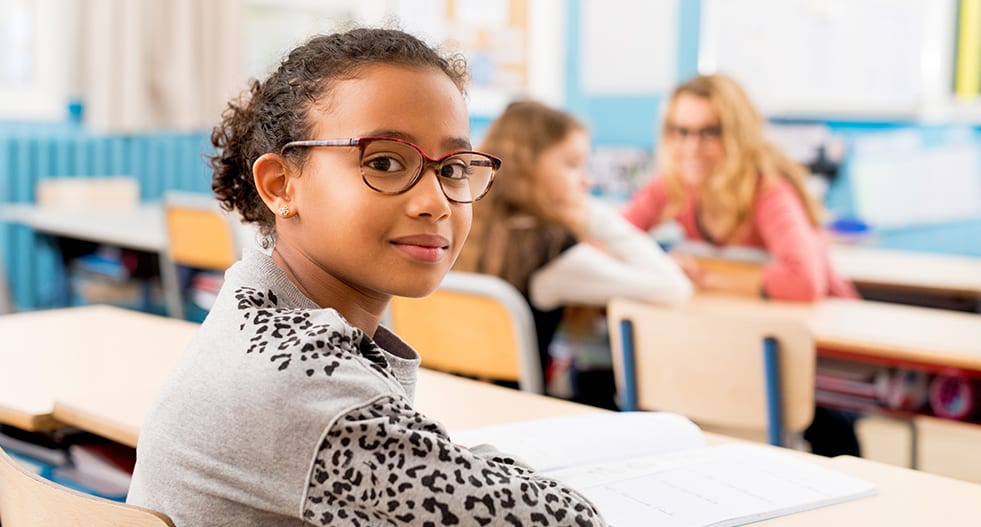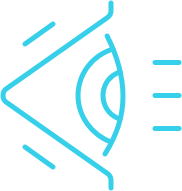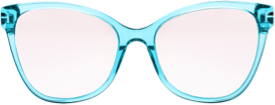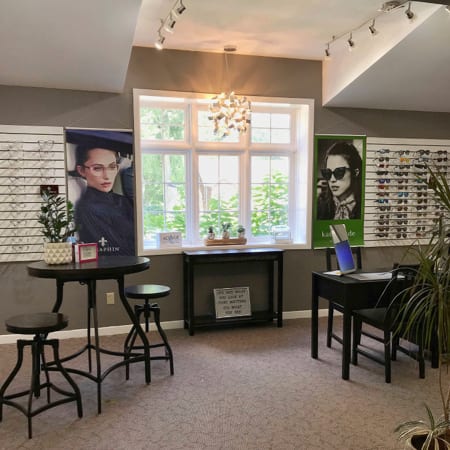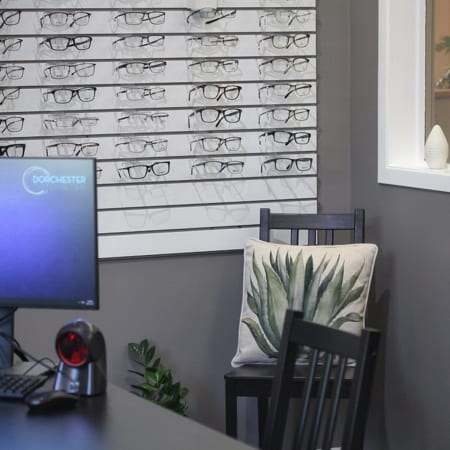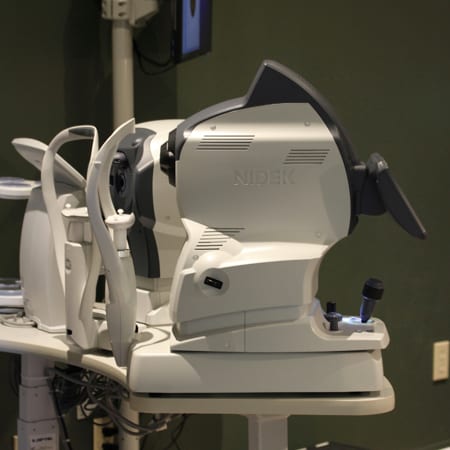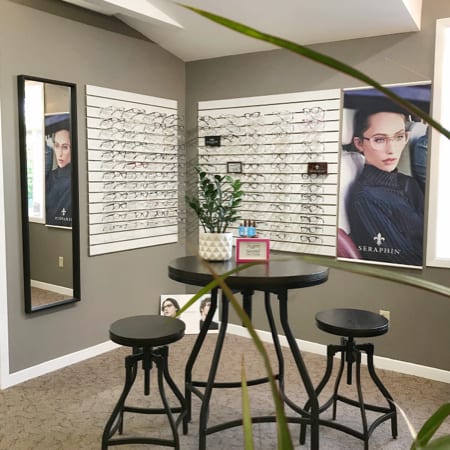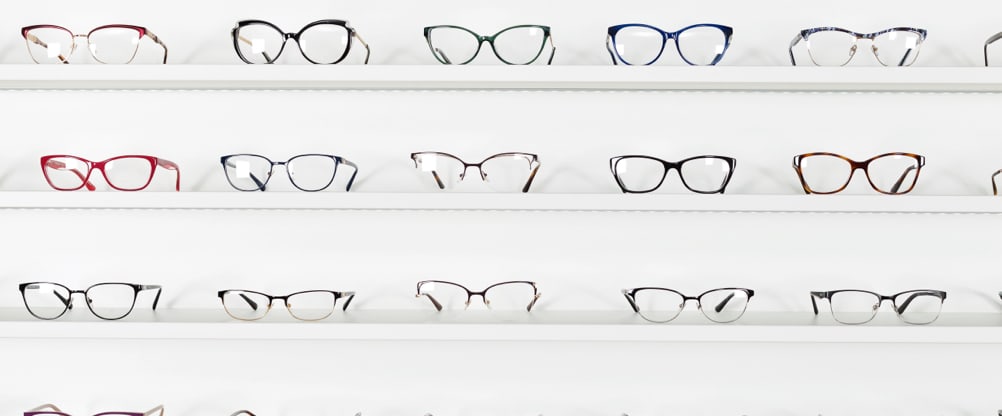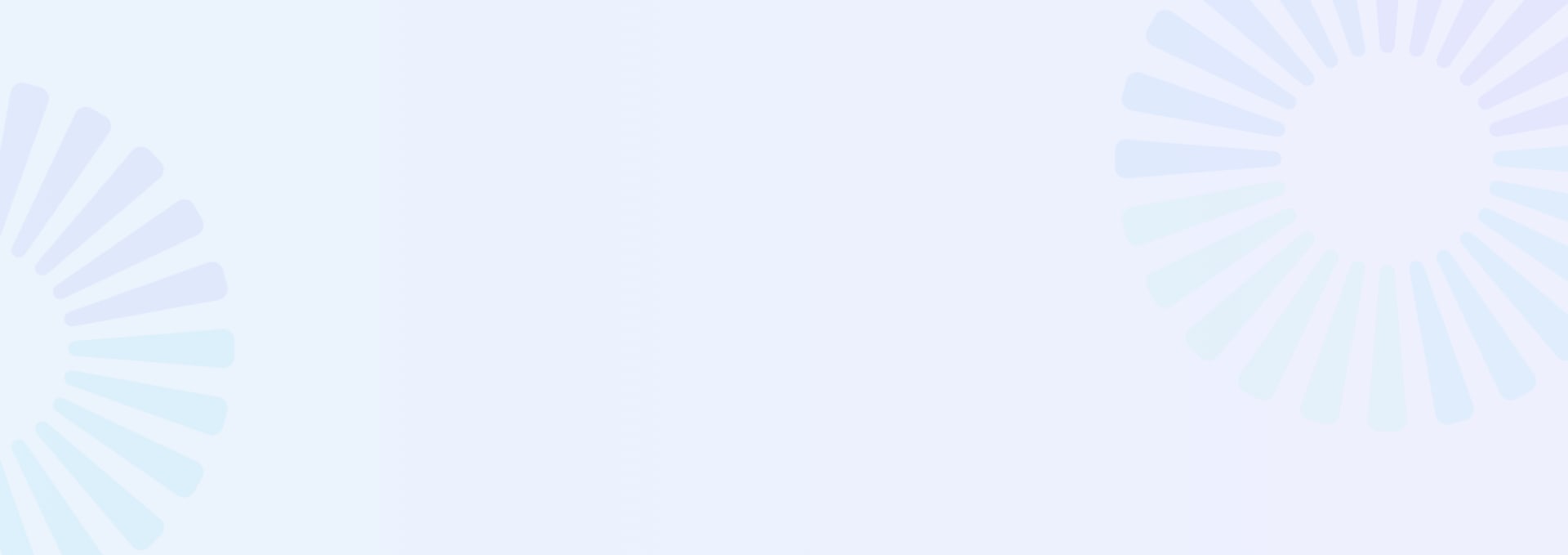Lifelong Visual Clarity Can Start Here
When you think of your child’s sight, what do you think are the most common issues they might face?
Nearsightedness, also known as myopia, is often at the top of the list, and it can eventually lead to future problems if it’s not addressed and managed. To help, we offer several types of myopia control strategies, and we’d be happy to help determine which approach may be right for your child!
Myopia control techniques help manage how the condition progresses, preserving your child’s clear vision as they grow up. These techniques can range from medicated eye drops to specialty contact lenses and eyeglasses.
Learn more about how we can help manage your child’s myopia progression today.

What Is Myopia?
Myopia, also known as nearsightedness, is a common refractive error that results in blurry vision when looking at things far away. This condition typically develops during childhood and is caused by factors like the eye growing longer or the cornea becoming too curved.
It can progress throughout your child’s life, affecting their clear vision as they grow up.


What Does High Myopia Mean?
By 2050, approximately half of the world’s population will experience some level of myopia. To effectively manage myopia, it is crucial to intervene in its early stages before it has the opportunity to progress significantly. The longer myopia progresses, the higher the likelihood of developing high myopia.
High myopia, when left unmanaged, can lead to serious complications in adulthood and increase the risk of various eye diseases and conditions, including:
- Cataracts
- Retinal detachment
- Myopic macular degeneration
- Glaucoma
Myopia control can help mitigate the risk of developing these concerns, especially when we start managing the condition as early as possible.
When to Consider Myopia Control
Your Child’s Grades Are Slipping
Uncorrected refractive errors can impact a child’s academic performance. Studies show that children with nearsightedness are more likely to encounter challenges in their schoolwork.
Your Child Struggles with Eye Comfort
Myopia can lead to a range of other issues, including eye strain and headaches.
Because myopia can get worse over time—and cause worse problems during adulthood—early treatment is vital for preserving eye health.
Your Child Avoids TV & Playing Outside
Studies have shown that kids with nearsightedness struggle with tasks and activities that require distance vision, like watching TV or even playing outdoors.
To that point, too much indoor time can also play a role in your child’s myopia development.
How Vision Affects Learning
The relationship between vision and learning is significant, as undiagnosed vision problems can affect a child’s academic performance and daily activities such as reading, sports, and participating in class.
Not addressing these issues can cause stress and confusion, leading to a decline in academic progress. However, with the help of professional care and treatment options like corrective lenses or ortho-k, we can help your child excel in both academic and non-academic pursuits, leading to an improved quality of life.
Signs & Symptoms of Myopia
There are different signs and symptoms to look out for in your children when it comes to myopia. Some common signs and symptoms of myopia can include:
- Blurry vision when looking at distant objects
- Eye strain
- Headaches
- Squinting to see distant objects
If your kids are experiencing these symptoms, our team can perform a comprehensive eye exam and determine if myopia control methods, such as ortho-k, Abiliti, and MyoCare lenses, can help.
Our Myopia Control Strategies
Myopia control doesn’t cure nearsightedness. Instead, it focuses on slowing down eye growth and reducing the need for stronger glasses as kids get older.
Our goal? Keeping your child’s vision clear throughout their life. During their eye exam, we’ll find the right options for your child and recommend strategies that suit their lifestyle.
Kids can wear orthokeratology lenses (ortho-k) overnight to temporarily reshape their corneas and control myopia. This temporary reshaping effect lasts throughout the day, reducing the need for glasses or contact lenses during waking hours.
In the morning, they can remove the lenses and enjoy clear vision all day long.
The benefits of ortho-k lenses are particularly notable for children who engage in physical activities such as sports, as they can participate without concerns of breaking or losing their glasses. As a treatment, ortho-k lenses offer a great option for managing mild to moderate myopia in children.
MiSight daily contact lenses are specifically designed for children between the ages of 8 and 12 who have nearsightedness.
These lenses change the way light is focused on the retina, signalling the eye to reduce its growth and manage the progression of myopia.
Unlike traditional contact lenses, which simply correct vision, MiSight lenses work by altering how light enters the eye. This process helps to slow down the elongation of the eye and prevent the progression of myopia. The lenses contain a special “dual-focus” design, providing clear vision for distant and near objects.
Studies have shown that MiSight lenses slow the progression of myopia by an average of 59%.
ACUVUE Abiliti 1-Day soft contact lenses are designed for ultimate comfort with breathable material that helps keep eyes fresh and hydrated throughout the day.
ACUVUE Abiliti soft contacts manage myopia by changing how light focuses on the retina so it can signal the eye to slow its growth and reduce myopia progression.
Essilor’s Stellest eyeglass lenses use a central zone to correct your child’s vision and Highly Aspherical Lenslet (HAL) technology around the outer rings of the lens to change how light focuses on the retina to slow the progression of myopia.
When worn 12 hours a day, studies have shown HAL lenses to slow myopia progression by 67%. We can fit Stellest lenses in a variety of eyeglass frames, so your child can look and feel great while caring for their future eyesight.
In the case of myopia control, low daily doses of atropine eye drops can help slow down how quickly myopia progresses.
Low-dose atropine drops can work by suppressing the eye’s growth to slow down the progression of myopia. However, we might still recommend wearing contact lenses or glasses during the day to help keep your child’s vision clear.

Take Our Myopia Quiz
Need more clarity? Take our myopia quiz down below.
Book Your Child’s Eye Exam
Schedule your child’s eye exam today to detect and address vision issues like nearsightedness. Our team is ready to help!
